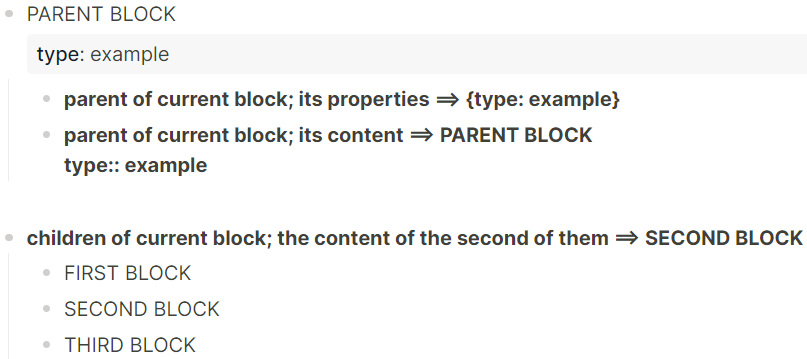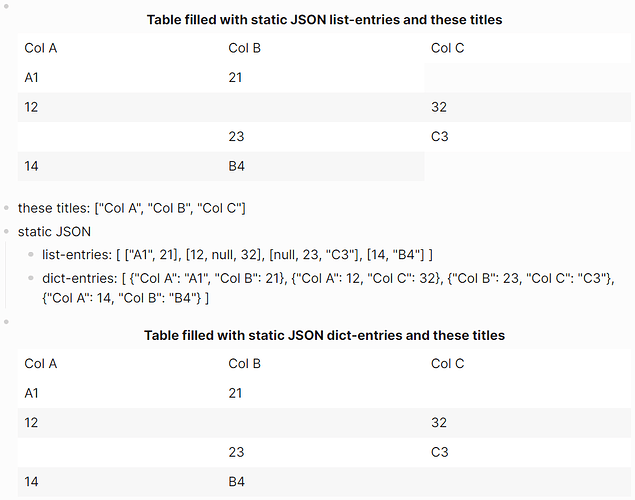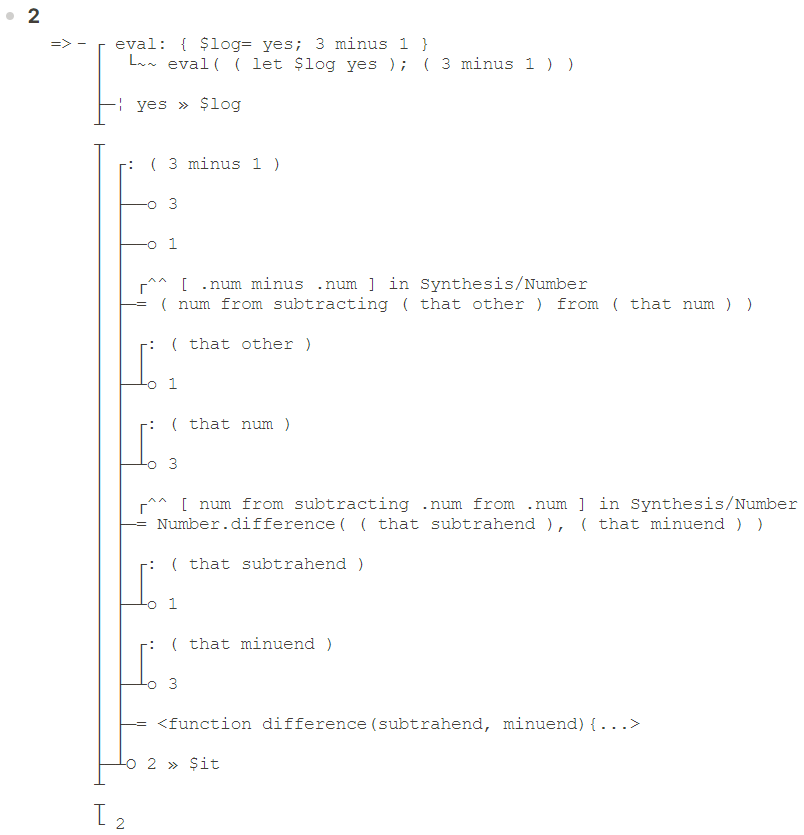- Logseq is an open platform. But even the best platform:
- may still have its strong points beyond the capacity of non-power-users
- think of emacs
- needs a killer feature, something that can:
- put that platform clearly ahead of its competition
- even challenge players outside its main focus (here knowledge management)
- be accessible and attract users to that platform by the thousands
- schools etc.
- put that platform clearly ahead of its competition
- may still have its strong points beyond the capacity of non-power-users
- Synthesis is (among other things):
- a game-changer, that explodes the possibilities.
- especially for simple users
- “forget” datalog, clojurescript, javascript, VBA etc.
- especially for simple users
- developed:
- a game-changer, that explodes the possibilities.
- After implementing Jupyter-level experience, the time has come to make it superior:
- better structure
- better scaling
- far beyond Notion formulas
- things like spreadsheets etc.
- What follows is a teaser, but filled with already working examples.
Html elements of custom behavior (here one-line hello world):
Logseq API:
- Read blocks:
- Write blocks (screenshot’s link):
Arbitrary calculations from custom natural-language definitions, both functional and imperative (screenshot’s link):
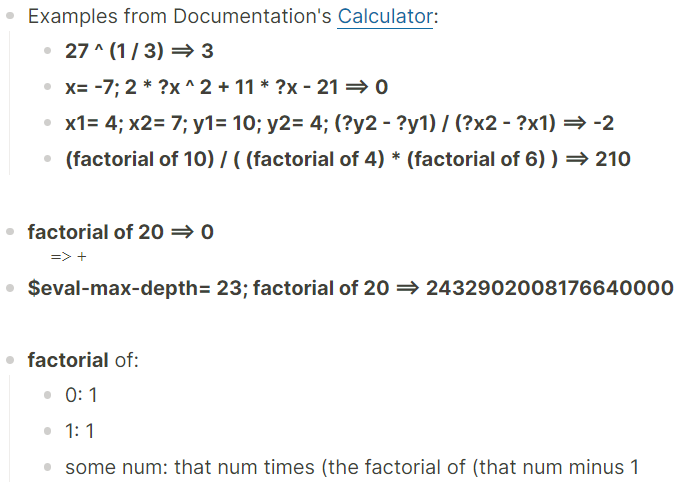
Context-specific evaluation:

String manipulation:
- simple:

- mixed:

- custom printing of nested structures (fully implemented in natural language):
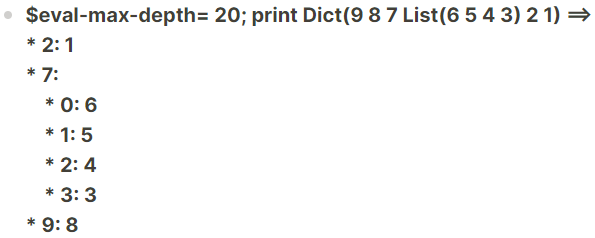
Multiple ways to generate tables (here with JSON):
Spreadsheet-like (but much better) live cells anywhere:
Every execution step is visible:
What else? Too much for one post. This is a subset of “fresh” ideas from some research technology in a very different (even visual) environment, stripped-down and adapted to Logseq. The pipeline has cool things, but not enough people and funding. However, such discussion belongs to a different thread.
Go to the dedicated subforum.

